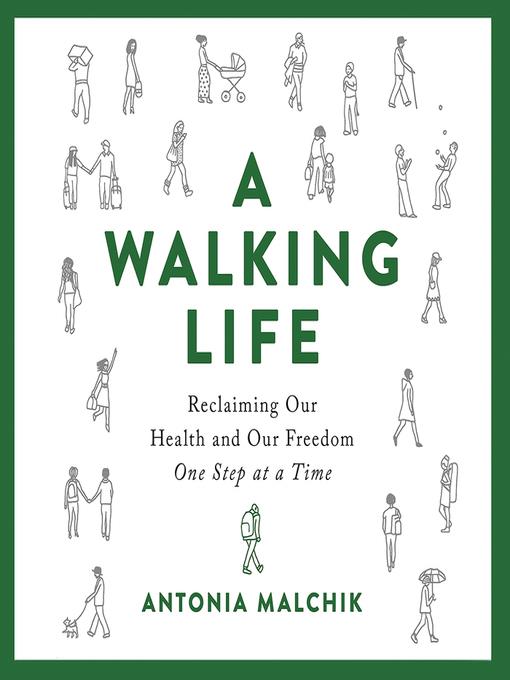
A Walking Life
Reclaiming Our Health and Our Freedom One Step at a Time
کتاب های مرتبط
- اطلاعات
- نقد و بررسی
- دیدگاه کاربران
نقد و بررسی

March 1, 2019
Walking is good for you--and for the rest of us, in different ways than you might expect.A travel writer who now lives in her native Montana after decades of more urban life, Malchik hasn't simply written a self-help book on the physical and psychological benefits of walking, though there is plenty of that here. The author also delivers a manifesto that involves urban planning, technology, political protest, the environment, and the future of the planet. Humans were not only designed to walk, she writes; they are all but defined by their bipedal nature (Malchik does address those who have been immobilized and devotes a chapter to how society can serve them better). A century or so ago, with the emergence of the automobile, communities designed for pedestrian activity were still the norm, and it was the responsibility of the driver to steer clear of walkers. Now the walker is the anomaly, the exception. "Jaywalking is a recently invented term, a recently invented idea," writes the author, devoting seven pages to the etymology of the term and its social history and reporting that more than 5,000 pedestrians are killed each year by drivers. "The idea of jaywalking is nonsensical," she argues. "With or without roads, pedestrians have always had the first right to public space. Walking is how humans get places; denying us this access makes no sense." She also explores the ramifications of refugees walking hundreds of miles for asylum, protestors mobilizing in the thousands for political action, and pilgrims undertaking long journeys by foot for spiritual reasons. (She finds walking meditation more beneficial than sitting meditation.) If we walked more often, we'd feel better, think more creatively, suffer less depression, have more connections as a community, breathe cleaner air, and have a more profound understanding of our place on the planet.Though it may be too late to turn back the clock on cars (Malchik owns one), she makes a convincing plea for better balance.
COPYRIGHT(2019) Kirkus Reviews, ALL RIGHTS RESERVED.

April 1, 2019
Journalist Malchik (Washington Post) takes a look at the disappearance of walking in everyday life. Combining science and history, the author argues that the loss of walking destroys our community and our freedom, providing an examination of how the United States has lost its pedestrian roots. As the automobile gained in popularity, pedestrians were evicted from public roads. Walking has many roles in life, says Malchik, in health, spirituality, and the structure of communities. She argues that many do not know the basic experience of getting to places on foot; only 13 percent of American children walk or bike to school. A fascinating chapter on walking as social capital is especially noteworthy, pointing out how obstructing traffic may be the only option when exercising the right to assemble. VERDICT Readers interested in green living and libraries that support ecology and urban studies programs will want this far-reaching book about how to maintain a sustainable lifestyle.--Susan Belsky, Oshkosh P.L., WI
Copyright 2019 Library Journal, LLC Used with permission.

When Antonia Malchik talks about the human connections that arise from walking, listeners can hear the warmth in narrator Eliza Foss's voice. Her tone stays personal as Malchik recounts her experiences watching her kids learn to walk. The author moved back to her Montana hometown so that her children could grow up in a walkable place, but the audiobook goes beyond her experiences. Health benefits, the lack of walkable urban spaces, protests, and pilgrimages are all part of the narrative. Even when the scope is global, Foss infuses the narration with feeling enough to let listeners share the author's lament over a lost shared society. Along the path, there's even a moment of Carlinesque humor over the difference between "accidents" and "crashes." J.A.S. � AudioFile 2019, Portland, Maine

























دیدگاه کاربران